-
-
This lesson opens with an introduction to attention from Thupten Jinpa. In the main course lecture, Dr. B. Alan Wallace then describes the three-part Buddhist framework of ethics, meditation, and wisdom. He then details the two mental faculties that are important for developing the practice of shamatha: mindfulness and meta-awareness. Deepening this exploration, Alan then moves on to discuss mindfulness, which he defines as the faculty of sustaining voluntary attention continuously upon a familiar object without forgetfulness or distraction. In his exploration of shamatha practice, Alan then discusses three methods of shamatha: mindfulness of breathing, observing the mind, and awareness of awareness. Finally, he addresses some common objections to introspection as a method of inquiry.
SORTED BY

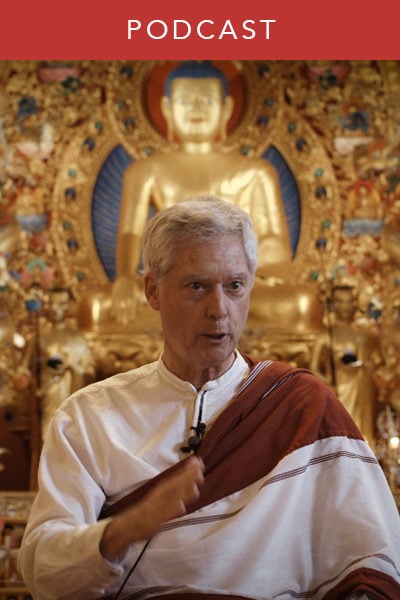
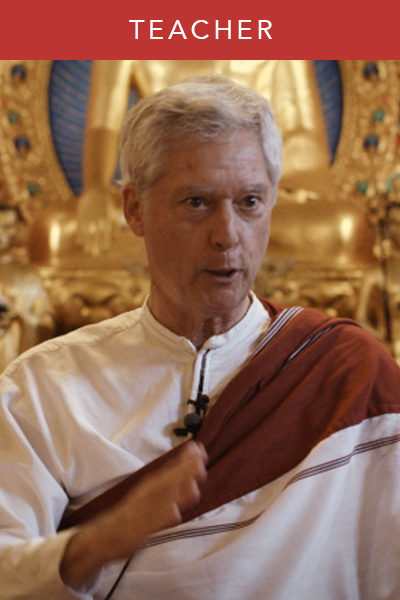
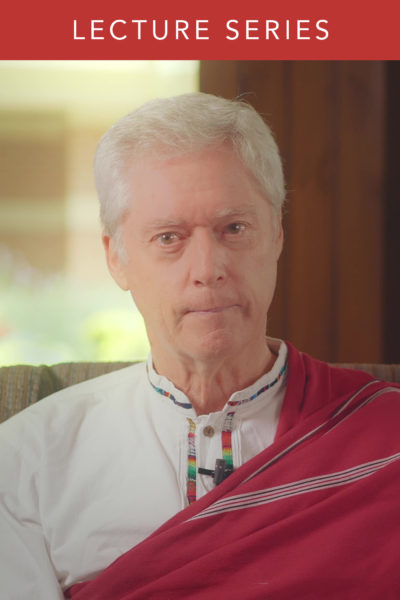
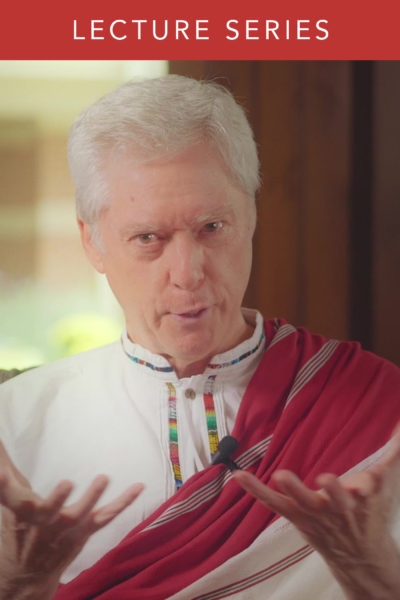
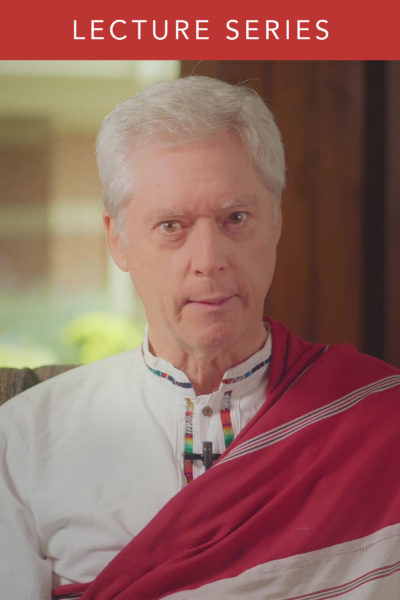
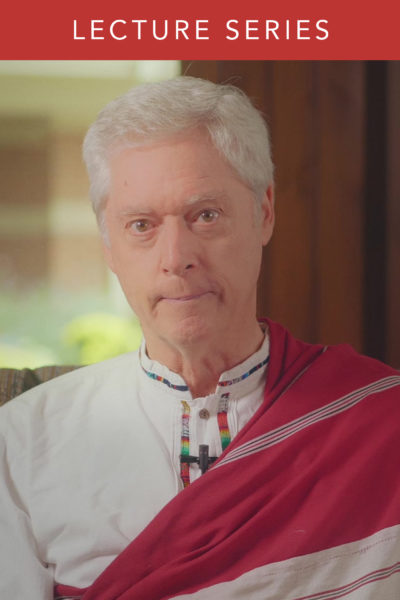
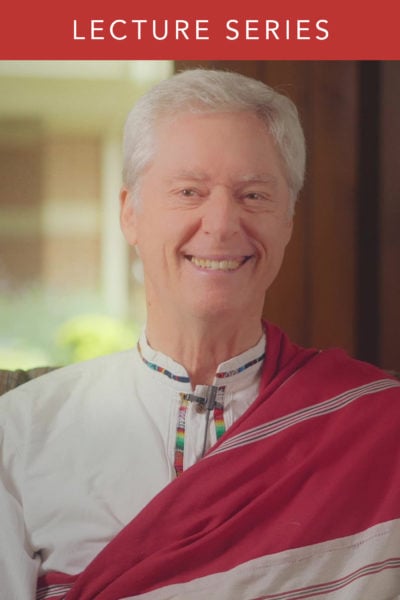
![The Introduction to Dzogchen 1-Day Online Wisdom Retreat with B. Alan Wallace [Recording]](https://wisdomexperience.org/wp-content/uploads/2020/03/Vajra-Essence-Retreat-Carousel-image-400x600.png)